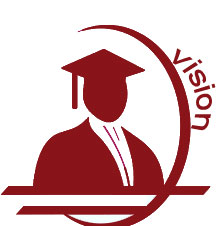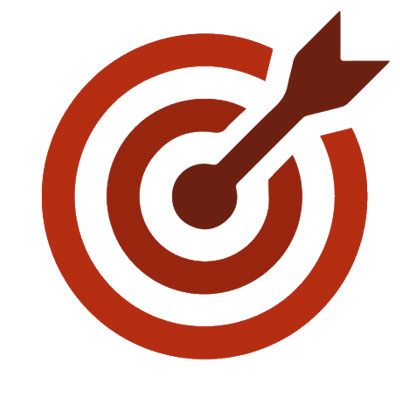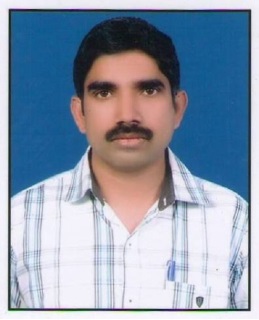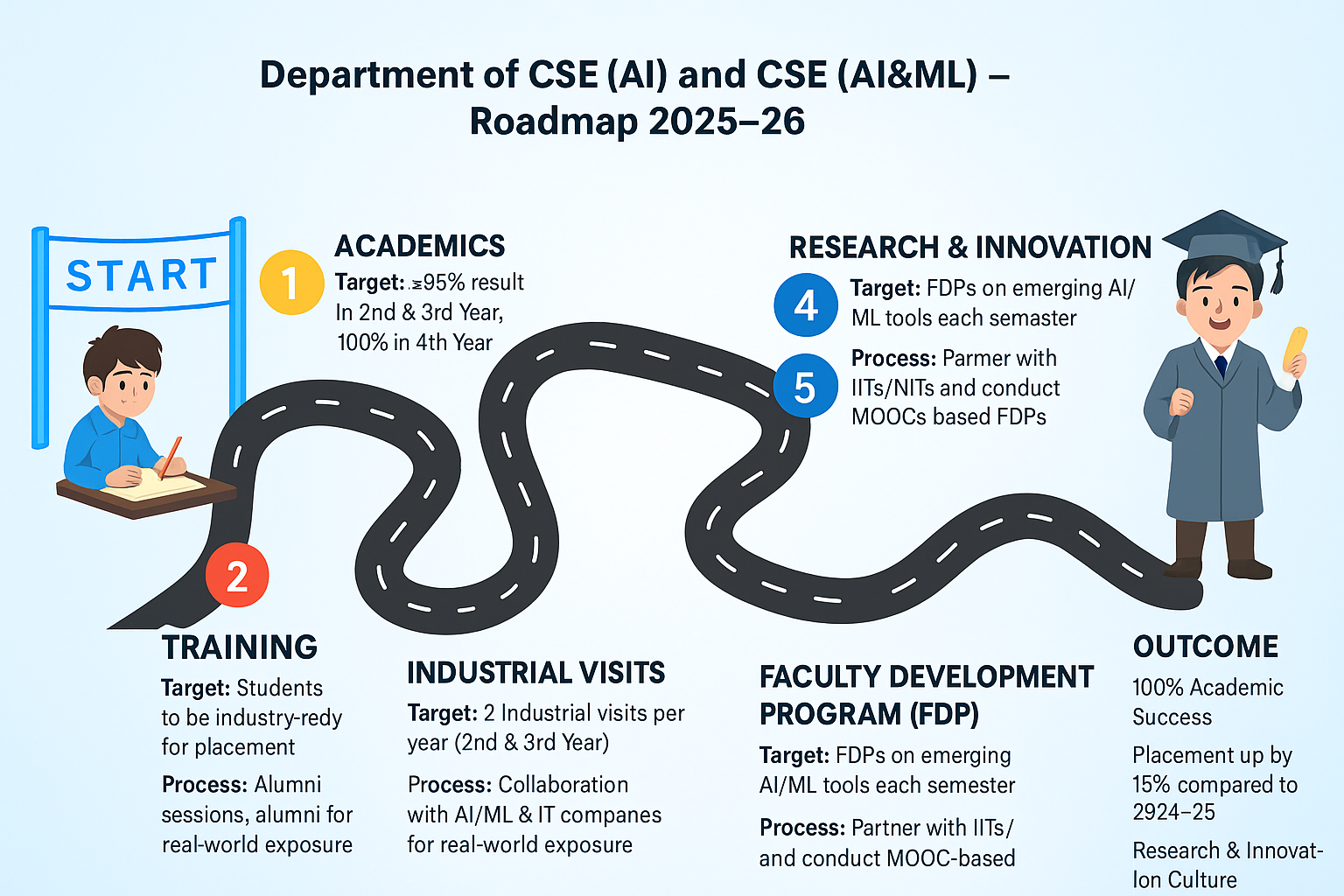The Department of CSE (AI) and CSE (AI&ML) was established in the year 2020 to offer an undergraduate programme B.Tech under the affiliation of Dr. A. P. J. Abdul Kalam Technical University, Lucknow.
MIET flourishes to give a successful specialized instruction by means of experiential learning and create a concrete framework with proficient workforce and energetic understudy community for accomplishing higher target level in Higher instruction in India. It believes in executing outcome based education (OBE). On deep rooted learning, we conduct different specialized events like hackathons, coding competitions, preparing programs, workshops and classes. We endeavor to deliver our best in terms of information spread and bring out the best from our students.
Our activities will certainly shape the students in such a way that they confront the outside world with confidence and provoke specialized, interpersonal and problem-solving aptitudes. In order to get ready Industry prepared professionals with all encompassing identity, we tie up with different firms and routinely organize different exercises like industry visits, specialized talks, and real-time ventures to sharpen the students’ specialized and delicate aptitudes.
To View Department Booklet 2025-26 Click Here
To View Department Booklet2024-25 Click Here
B. Tech. – CSE (AI) with sanctioned intake of 120.
B. Tech. – CSE (AI/MI) with sanctioned intake of 120.
| Courses Outcome |

To become a renowned department where talented and globally competitive artificial intelligence and machine learning professionals are nurtured with value and industry oriented skills to serve the nation and society.

Our B.Tech. programme is developed to provide students the abilities and know-how required to work successfully in the AI, and machine learning industries. We provide a challenging curriculum that covers the foundations of these subjects in addition to more advanced material like deep learning, natural language processing, computer vision, and data analytics.
Our faculty is a group of skilled professionals with experience and expertise who provide the students chances for high-quality education and research. To make sure that our students are exposed to the most recent advancements and cutting-edge technology in the industry, various industry oriented programs (IOPs) are offered to them.
To provide our undergraduates a well-rounded education, we also offer a variety of co-curricular activities and projects in addition to our academic programmes.

Dr. Rambir Singh
Professor & HoD
PEOs |
PSOs |
|
Program Outcome |
|
